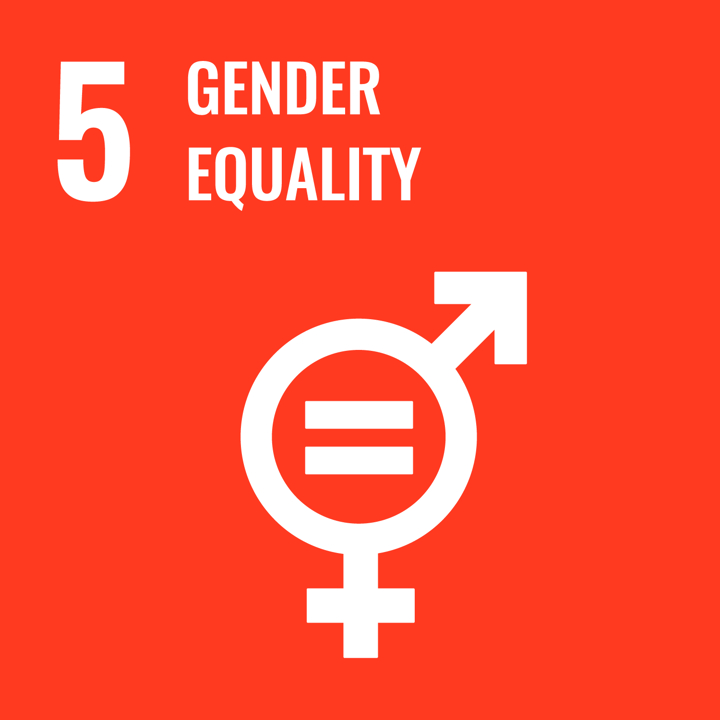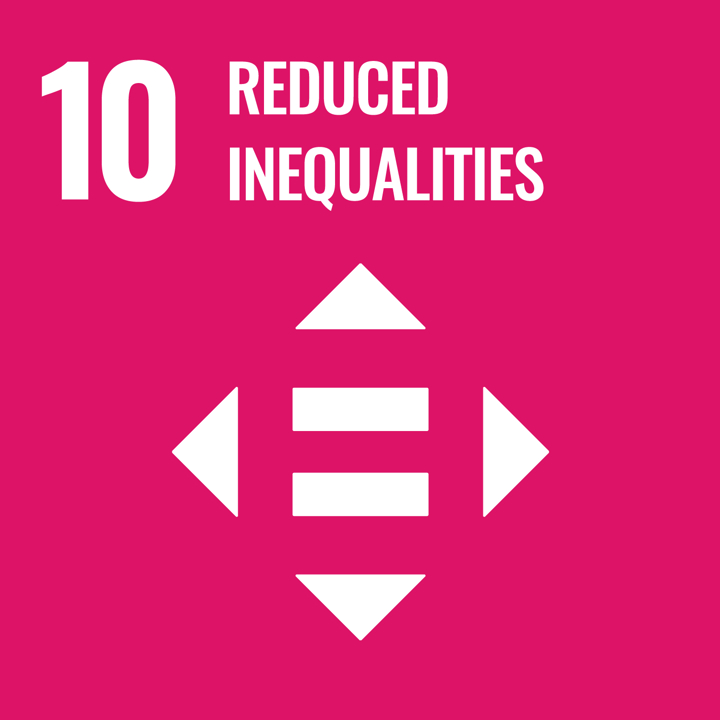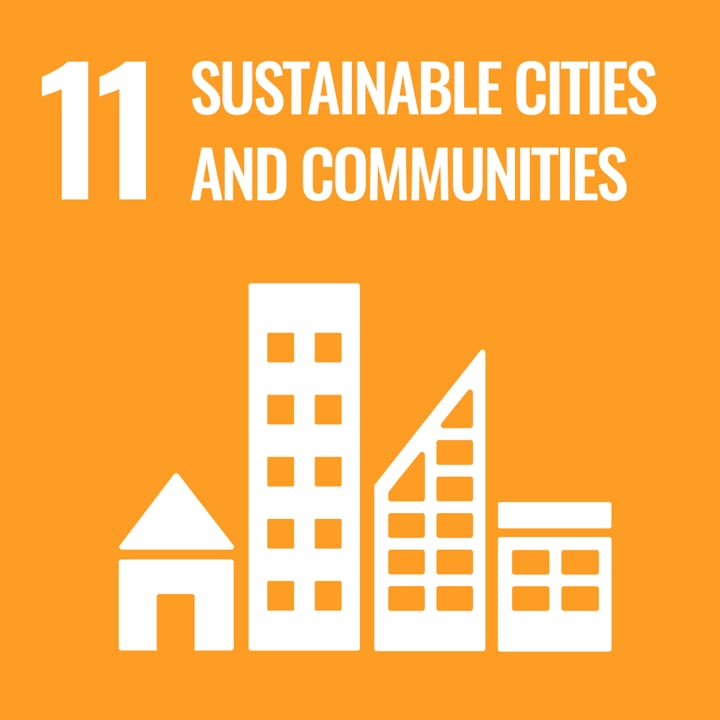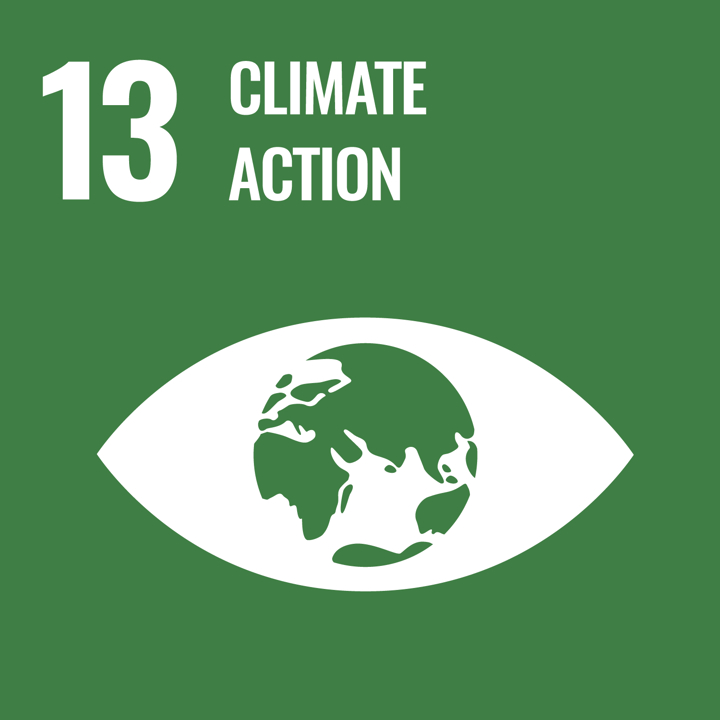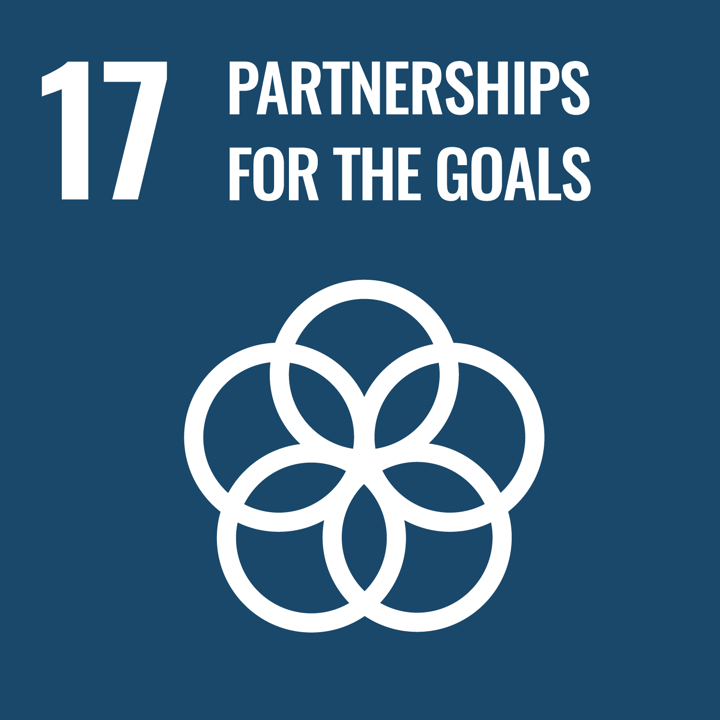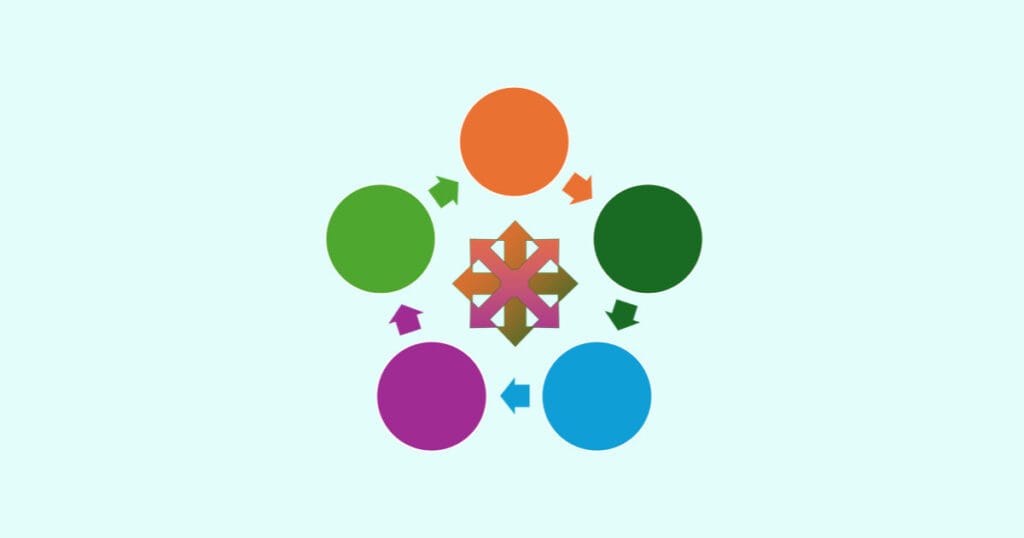
Intended End User: Teacher, School Leader, Teacher Educator
Age Group: Lower Primary; Upper Primary; Lower Secondary
School Curriculum: Maths; Science; Social, Physical & Health Education; Social & Environment Science; Languages; Arts; Business Studies; Applied Science
Themes and Topics: Behaviour & Lifestyle; Collective Action; Environmental Change; Economics; Futures Thinking; School Leadership; Information & Knowledge; Pedagogy Approaches
Duration: 1-2 School hour. But can also be extended for more complex topics as a project or workshop.
Type of Resource: Guidelines & Notes
Keywords: Self-directed Learning; Active Learning Methods; Collaborative Learning; Constructivist Learning; Student-centred Learning; Inquiry-Based Learning
Languages: English, German
Description
This resource provides a comprehensive guide to Station Learning, an interactive and student-centered teaching method. It supports self-directed learning, collaboration, and experiential education through structured learning stations.
The guide outlines a step-by-step process for teachers to design, implement, and assess station-based lessons. It covers lesson planning, preparing learning materials, guiding students through station work, and evaluating outcomes. The method is particularly effective for differentiated instruction, allowing students to learn at their own pace while fostering critical thinking, problem-solving, and soft skills development.
Rooted in Education for Sustainable Development (ESD) principles, Station Learning encourages active engagement with interdisciplinary topics such as environmental change, collective action, and sustainable behavior. Teachers will find practical strategies to integrate ESD themes, ensuring students develop skills for sustainability, systems thinking, and cooperation.
This resource is ideal for educators seeking innovative, student-centered pedagogical approaches that promote interactive and engaging learning environments. It is well-suited for both primary and secondary education, across subjects including science, social studies, and citizenship education.
By using this method, teachers can create dynamic learning experiences that foster autonomy, creativity, and meaningful knowledge retention.
How to use this resource
This resource serves as a practical manual for implementing Station Learning in the classroom. It provides step-by-step guidance on designing, preparing, and assessing learning stations, making it suitable for both new and experienced educators.
The resources
Implementing Station Learning PDF:
Learning Outcomes (Teachers)
- Elicit prior knowledge and further develop knowledge and comprehension of key Sustainability Citizenship key concepts, challenging established worldviews and values.
- Apply a range of suitable tools and frameworks to promote student Sustainability Citizenship
- Reflect on practice and examine national curricula to identify opportunities to promote Sustainability Citizenship in interdisciplinary ways and engage with external stakeholders.
- Collaboratively synthesise the knowledge, tools and frameworks to create educational materials and lessons plans adapted to their own local context
- Develop and apply assessment criteria to evaluate Sustainability Citizenship in students.
- Through workshop activities and communities of practice, build capacity and agency as Sustainability Citizenship educators and leaders.
Learning Outcomes (Leadership)
- Elicit prior knowledge and further develop knowledge and comprehension of key Sustainability Citizenship concepts to challenge established worldviews and values.
- Apply a range of suitable tools and frameworks to promote Sustainability Citizenship within their schools and communities.
- Examine their own national/regional curricula, educational policies, programmes and external stakeholders to identify opportunities to promote Sustainability Citizenship in their schools and communities.
- Collaboratively synthesise knowledge, tools and frameworks to create a vision for delivering a school environment that supports the development of Sustainability Citizenship in their community.
- Through workshop activities and communities of practice, build capacity as Sustainability Citizenship educators and leaders.
Green Competencies
- Embracing Complexity in Sustainability: Systems Thinking; Critical Thinking; Problem Framing
- Envisioning Sustainable Futures: Adaptability; Exploratory Thinking
- Acting for Sustainability: Collective Action; Individual Initiative
Creative Commons
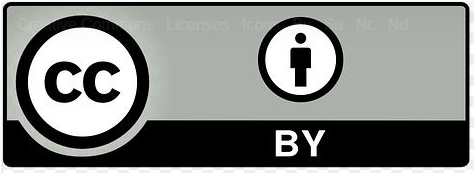
Open resource.
SDGs

